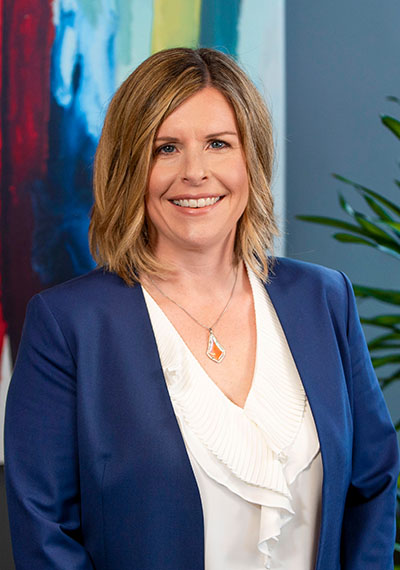Companies continue to struggle due to the pandemic, with many having to lay off employees. You may find yourself on the other side of a layoff, or simply would like to be prepared if it ever happens. Losing or changing your job, and even retirement, can result in real grief and a wide range of emotions. Take a second to breathe and look at the bigger picture, as this change may provide opportunities you never considered. There are always unknowns. Here are six helpful tips to keep you moving forward.
Tip #1—Emergency reserves: know how long your cash will last
It is good to have three to six months of living expenses set aside in your savings account. No matter how much you have in your emergency savings, being between jobs is a good time to dip into it! If you don’t have much, it may mean starting your job search right away.
Tip #2—Cash flow: review your budget
Review your budget and identify discretionary spending items to consider reducing temporarily. Looking at your ongoing fixed expenses will give you great insight into how long your emergency reserves may last. If you do not have a budget or know how much you are spending, there are tools you can use to help, like CCMI’s MyWealthPlan software, Mint.com, or even a simple Excel spreadsheet.
Tip #3—Get organized: being proactive can pay off
Once the initial shock of losing your job has passed, update any contact information that links you with your former employer. File for unemployment insurance if you are eligible. Reach out to people you know or those you are connected with on LinkedIn, as they may be able to put you in touch with other people or opportunities in your field to begin the job search process.
Tip #4—Health: determine health insurance coverage needed
If you worked at a larger company, you are likely eligible for COBRA, which allows you to stay on your insurance plan for 18 months. If you are married, you may want to consider joining your spouse’s plan, if they have one through their employer. There is also a special enrollment period to potentially be eligible for insurance on the Health Insurance Marketplace®. Get your annual physical, eye exams, and dental appointments done while you can.
Tip #5—Retirement: think about your nest egg and determine if any changes are needed
If you had a 401(k) with your former employer, it can stay put for now, but know that if you have a 401(k) loan, it may be due either upon leaving or by the next tax return due date. You may be eligible to begin penalty-free distributions once you are 55, but withdrawing funds sooner should be avoided, as you will likely pay taxes and penalties. Check out Matt Ryan’s video to learn more about your 401(k) options.
Tip #6—Reflection: where do you want to go from here?
Much like the results of stay-at-home orders due to the pandemic, a sudden unexpected change forces you to rethink your situation. Working with a fee-only advisor can facilitate these conversations and help you to think about options as you navigate the unknowns. A financial plan can provide a framework so you know what will work financially and empower you to make things happen from where you are. It can also provide the answers to:
- How long of a break you can take
- How much you need to make based on when you want to retire
- Whether you can retire right now
If you already have a financial plan in place before this happens you are ahead of the game. Your financial professional is familiar with your situation and can work with you to identify any adjustments needed. If not, it is an opportunity to set up a complimentary conversation with a fee-only professional to understand the best way to proceed and what that may look like for you.
CCMI provides personalized fee-only financial planning and investment management services to business owners, professionals, individuals and families in San Diego and throughout the country. CCMI has a team of CERTIFIED FINANCIAL PLANNERTM professionals who act as fiduciaries, which means our clients’ interests always come first.
How can we help you?






